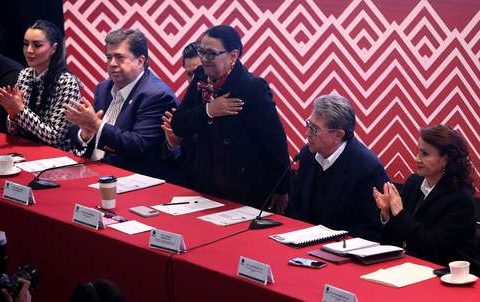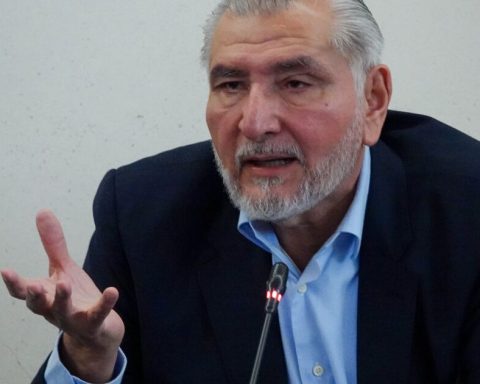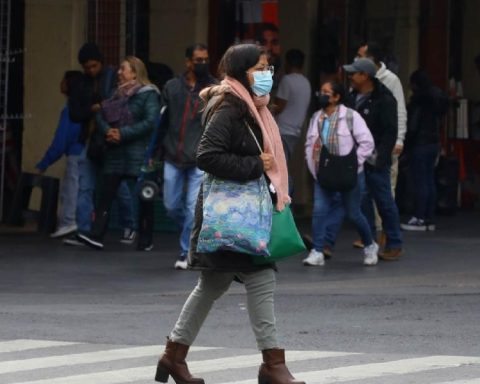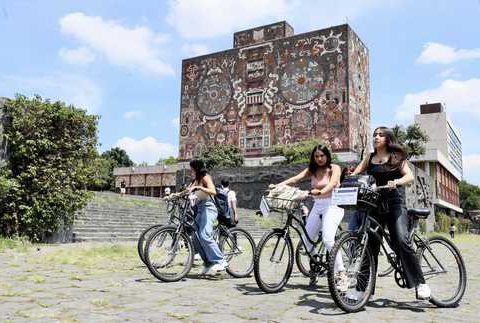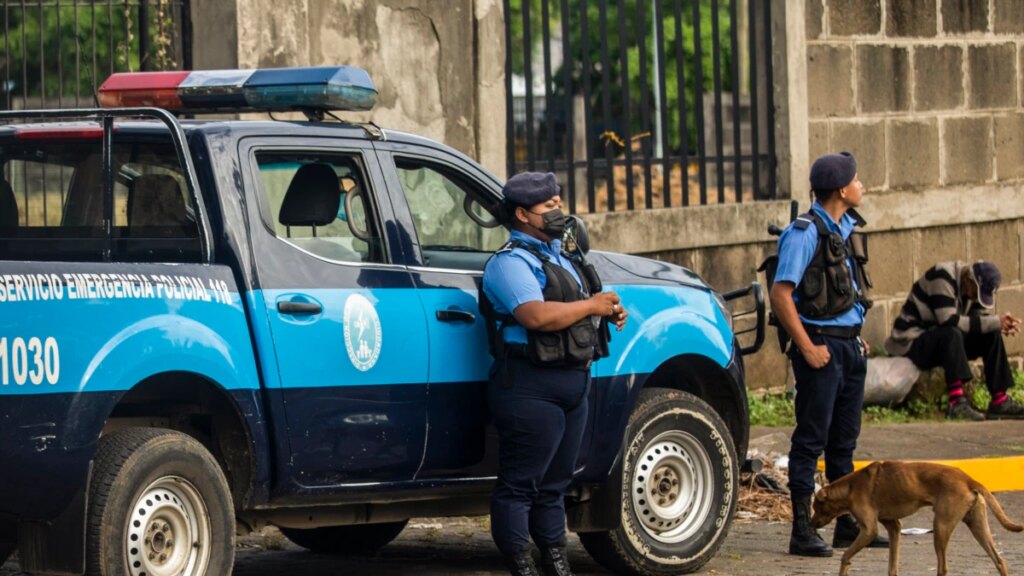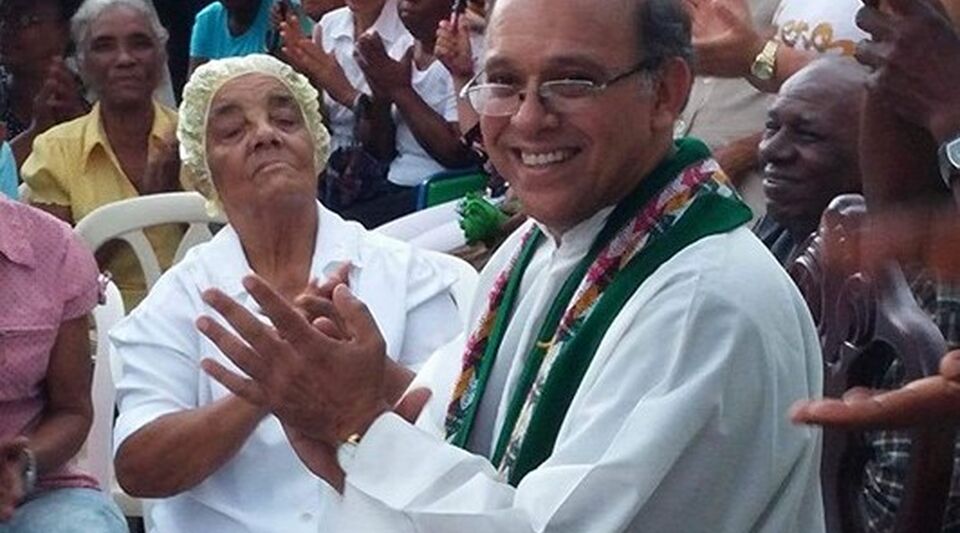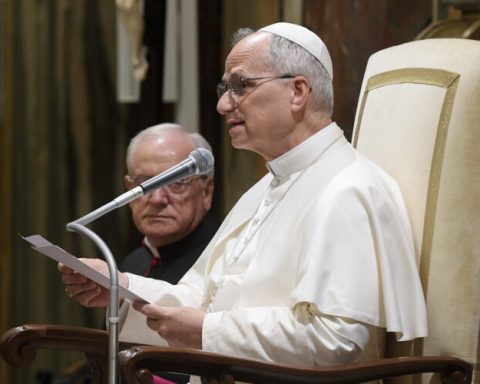Edward Murillo
Newspaper La Jornada
Tuesday, September 13, 2022, p. 5
The members of the Supreme Court of Justice of the Nation (SCJN) maintain divided opinions on the possibility of declaring unconstitutional the legal reform that allows political parties to renounce their public budget, so that it can be used to provide aid to victims in cases of natural disasters.
Although a majority of six ministers declared themselves to invalidate this provision, the president of the highest court, Arturo Zaldívar Lelo de Larrea, decided to suspend the discussion until two ministers who are commissioned return.
Yesterday, the plenary session of ministers began to analyze the project of Minister Loretta Ortiz Ahlf on the unconstitutionality action 52/2022, promoted by minority senators against this provision, promulgated on February 27 of this year.
The ministers disagreed when resolving the point about whether the parties can decide what will be the final destination of the money that they return to the federal treasury.
For the rapporteur minister, there is no inconsistency in the fact that the parties that return their financing do so directly to the federal treasury, since it is money from the federal budget.
Since the contested regulations do not provide for the possibility of political parties reinstating the local public financing to which they are entitled for permanent ordinary activities, but this only occurs in relation to federal financing, then there is no inconsistency in that this reinstatement be made before the Treasury of the Federation
Ortiz noted.
On the other hand, for Minister Mario Pardo Rebolledo, if some funds are returned, they must be delivered to the National Electoral Institute (INE) to carry out an audit and, only then, reintegrate them into the Federation.
Similarly, Minister Alfredo Gutiérrez Ortiz Mena indicated that it is not possible to leave the decision of the final destination of the resources that they return to the parties, since this is the constitutional power of the Chamber of Deputies.
When voting on this point, the preliminary result was six votes against Minister Ortiz’s project, that is, only two votes away from reaching the qualified majority required to invalidate a law already in force.
Given this, the minister president, Arturo Zaldívar, decided to wait for the ministers Yasmín Esquivel and Margarita Ríos to return to the plenary session, which will happen next week, to see if it is possible to obtain a qualified majority.



